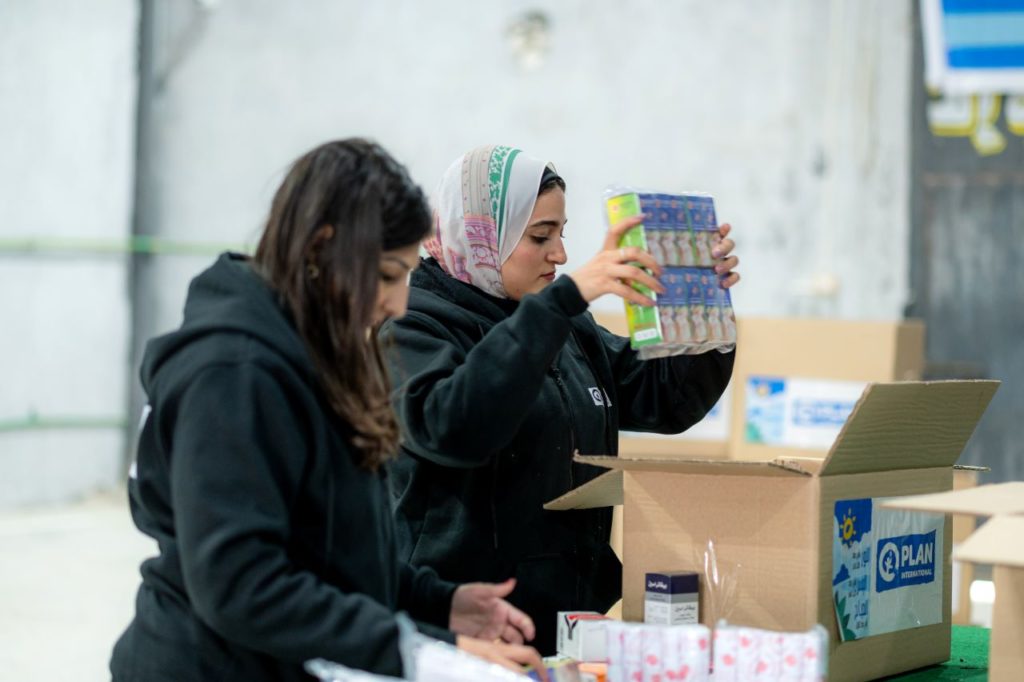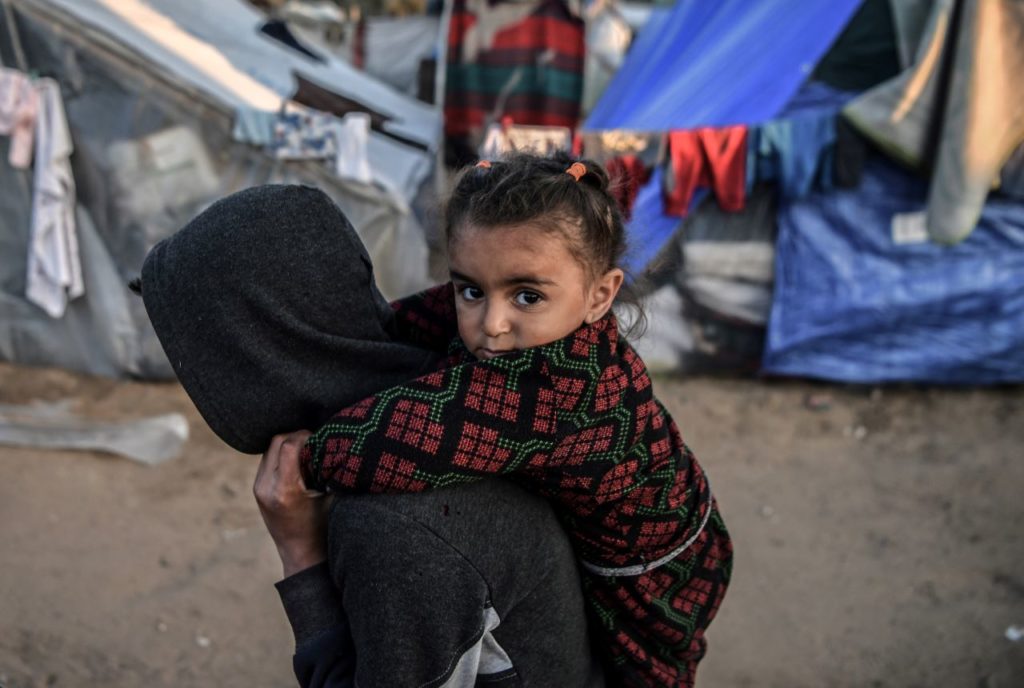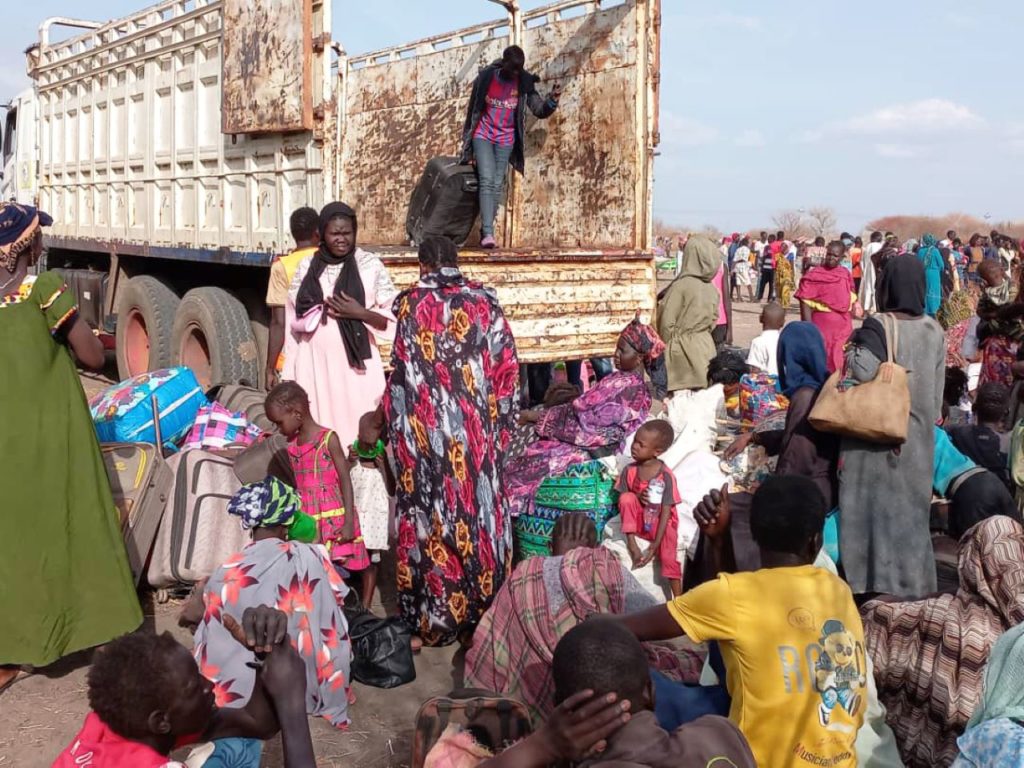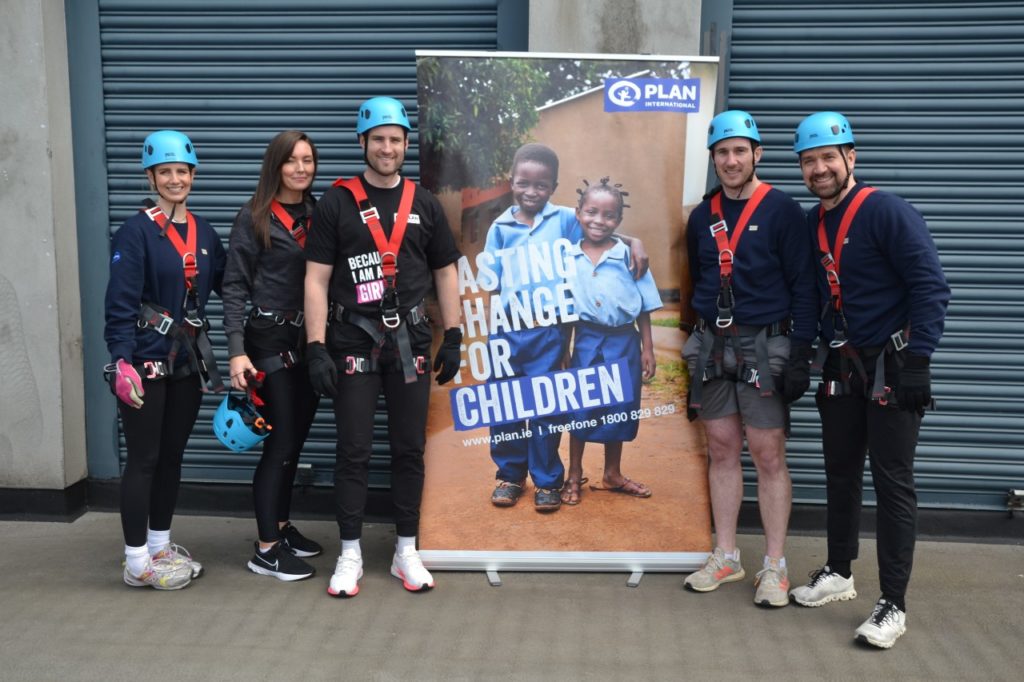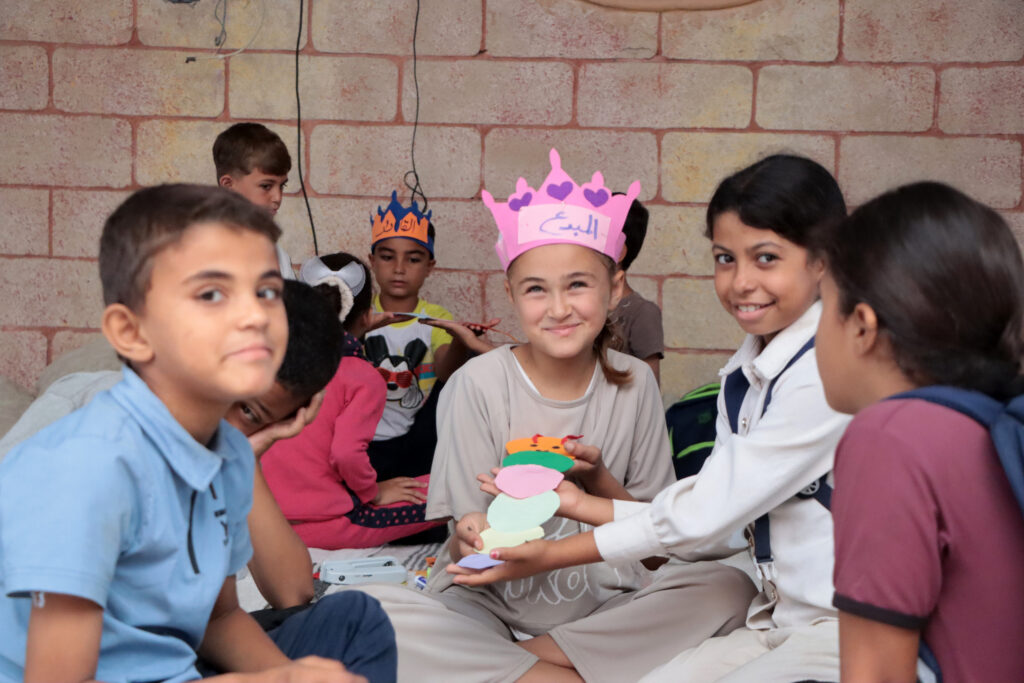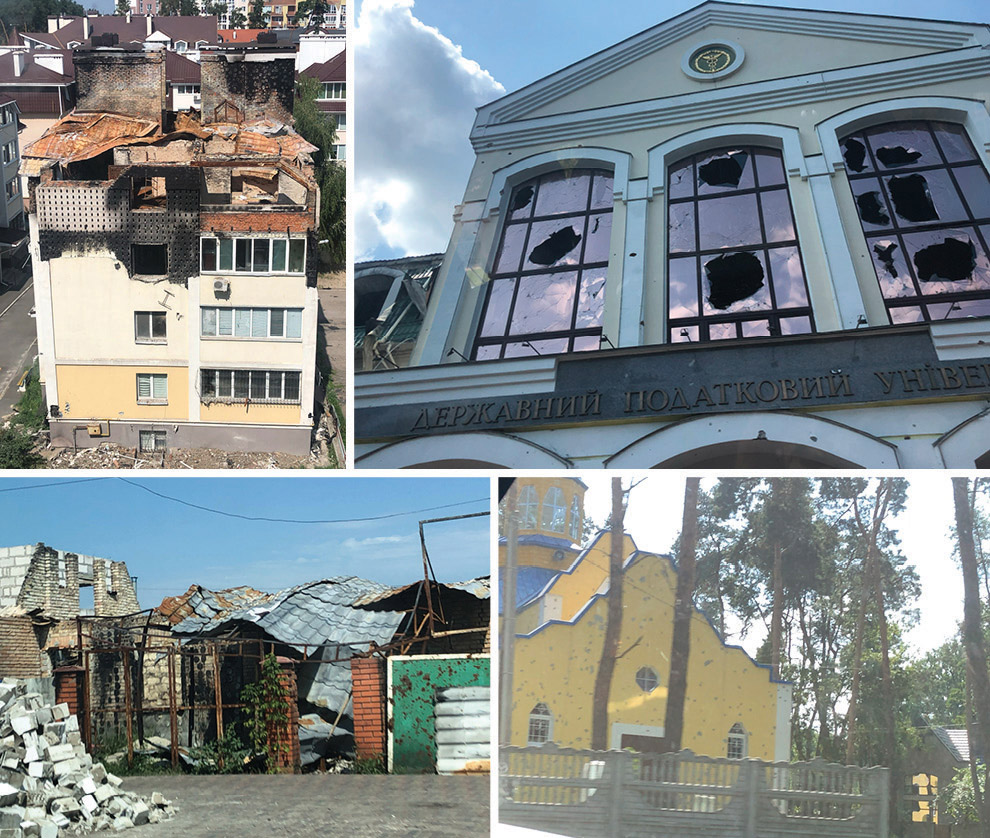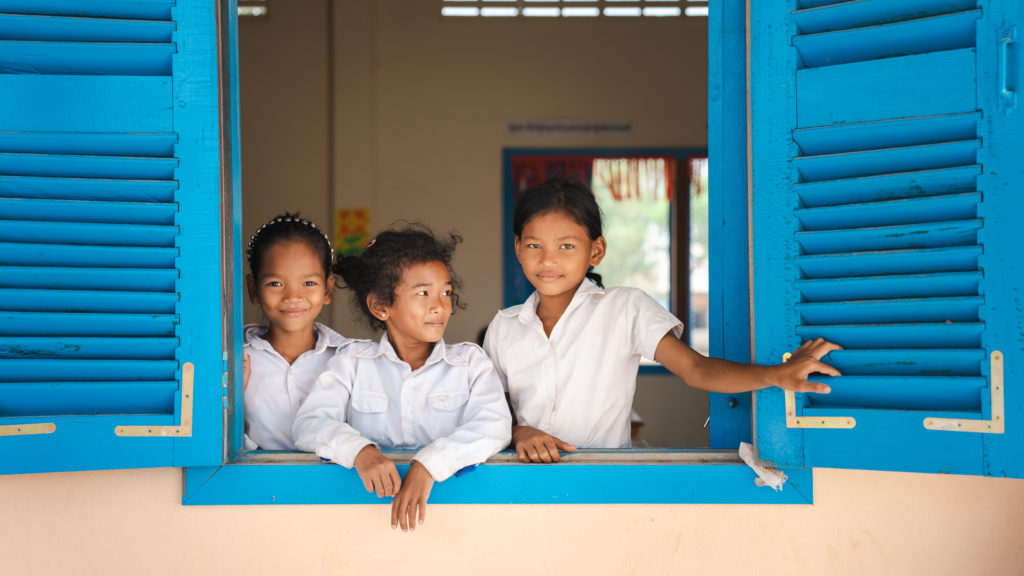Aged just 15, Beti became the head of her household when she and her seven siblings were orphaned during the conflict in Cabo Delgado, Mozambique. After losing her mother and father, Beti and her siblings fled their home in Mocimboa da Praia with their grandparents, arriving in a resettlement centre in Chiure district, another part of Cabo Delgado, in November 2020. Last month, her elderly grandfather fell ill and passed away, leaving Beti responsible for caring for her 62-year-old grandmother, Julieta and her seven siblings.
With no land to farm and few opportunities to earn a living, coupled with the impact of an ongoing drought, hunger and food insecurity have become widespread amongst internally displaced civilians in Chiure district. This includes Beti, whose family rely on rations supplied by the World Food Programme (WFP), usually rice, peas and sometimes cooking oil. This often isn’t enough for all nine of them, however, and recently distributions have stopped due to shortages of funding, meaning that the family have not received any rations for over five weeks.
Surviving on One Meal a Day
Food is so scarce that by the end of the month, they often only have one meal a day. When rations run out, Beti asks neighbours if they can spare any food (often cassava roots), or searches in nearby bushland for herbs to make tea. “I eat twice in the beginning of the month but when food starts to finish I eat once,” she explains. Julieta adds: “Sometimes the neighbours take pity on us because they know our situation.”

As an adolescent girl, Beti only feels safe asking female neighbours for help. On a typical day, Julieta will make one plate of food, which Beti and her siblings share. “Then my grandmother eats whatever is left, if there is anything, but it’s usually little because we are many,” Beti says. Today, all they have is tea and a cup of rice which a woman who lives nearby has shared. “I let them eat first because I do not want them to get sick. They have to take care of me,” Julieta explains. “Most women have help from their husbands or their sons who work. I am alone because the children do not have parents. I want to go back [to Mocimboa] so that my grandchildren can inherit the farm that I have,” she continues.
Before the conflict, Beti’s father was a policeman, and her mother would also sell vegetables to support their family. Her grandfather was a fisherman. Describing her life before they had to flee, she says: “When I was in Mocimboa I used to go to school. I was in the 7th grade and when I came back from school, I would help my mother in the farm. We had a lot of land and food to eat. Now we do not have food because the land is dry.”
Giving Up Her Education
The food crisis in Cabo Delgado has also forced Beti to drop out of school. Cultural contexts mean that girls in Mozambique are often responsible for finding food for their families. They engage in farming activities, fetch water and look after the elderly. If she could go to school, Beti says she would like to become a nurse. After being forced to flee her home, however, the closest secondary school she can attend is 16km away from the resettlement centre. As the oldest sibling with an elderly grandmother, however, she says her priority has to be taking care of her immediate family. Before her grandfather passed away, he would help to find food, but it has now become Beti’s responsibility.

Describing a typical day at the resettlement centre, Beti says: “When I wake up I clean the house. Then I wash any dishes or dirty pots. On most days I play with the other girls in the community when they are finished with school because they are in primary school.”
“If she goes [to school], there will be no one to help me find food or take care of the other children,” Julieta explains. “The secondary school is far and I cannot afford to send her there. If she goes I will also be alone here, but I am old.”
“I wish there was someone who would take care of her near school because the suffering of not going [to school] is too much for her.”
“If we had more food, we would be able to pay someone to accommodate me in the village [where the secondary school is located],” Beti explains.

